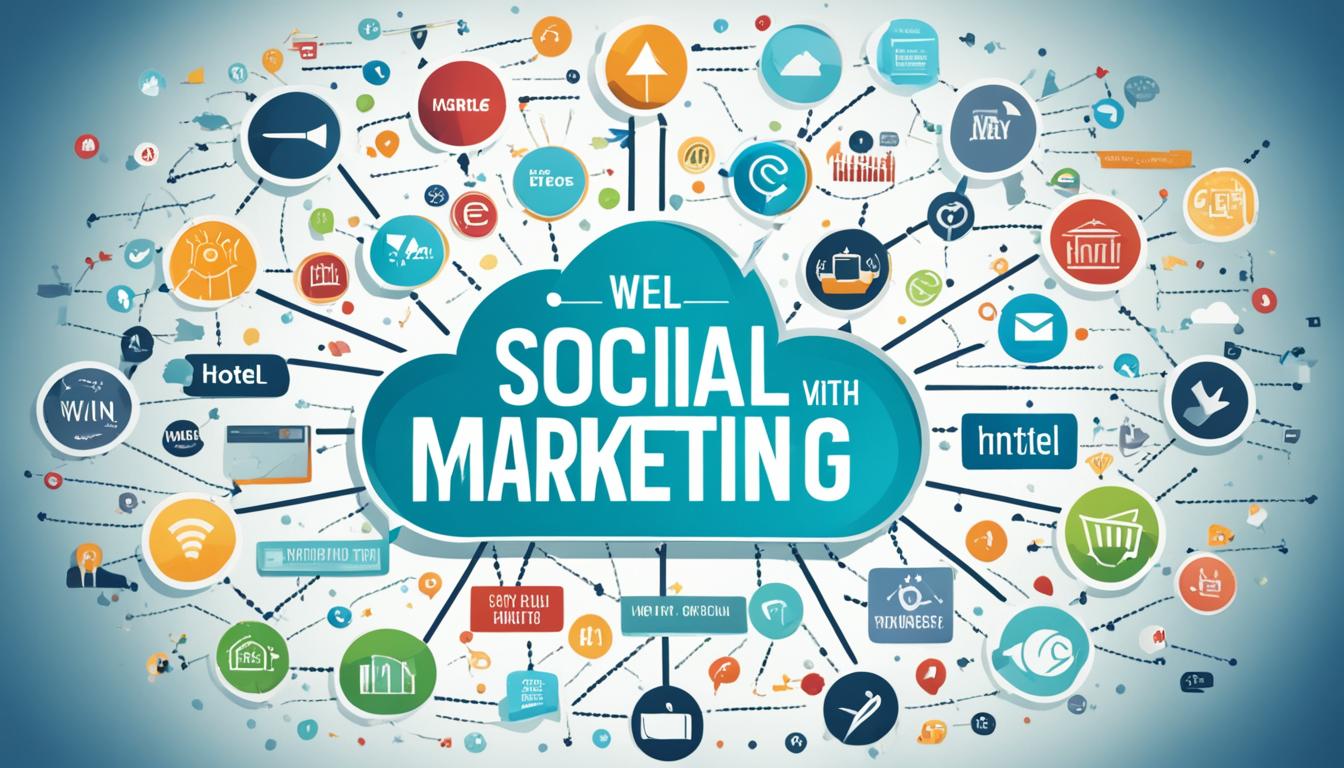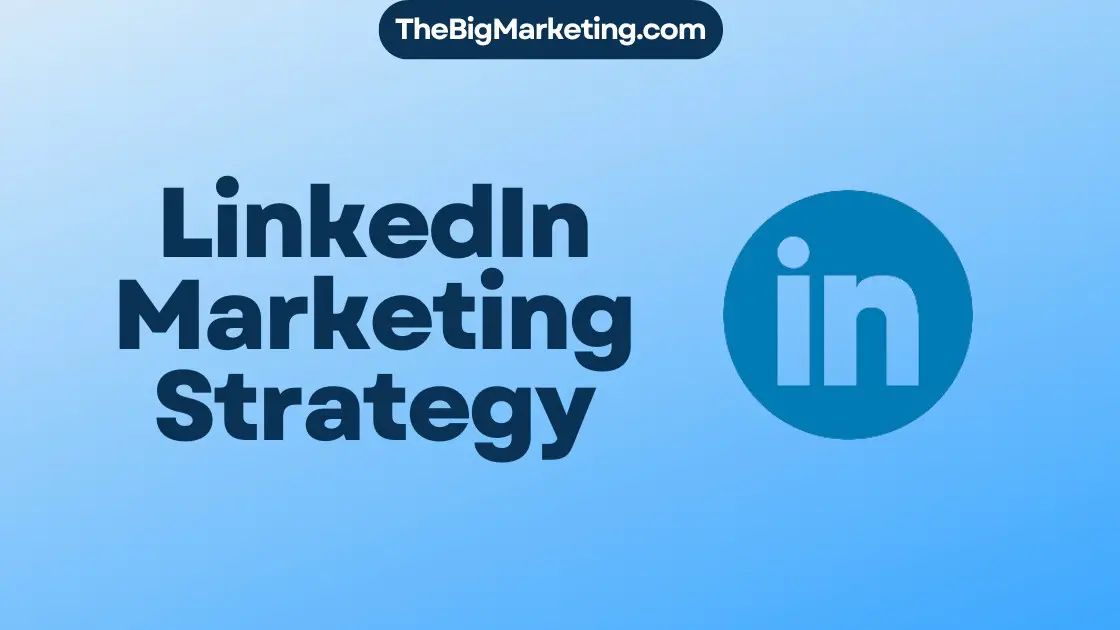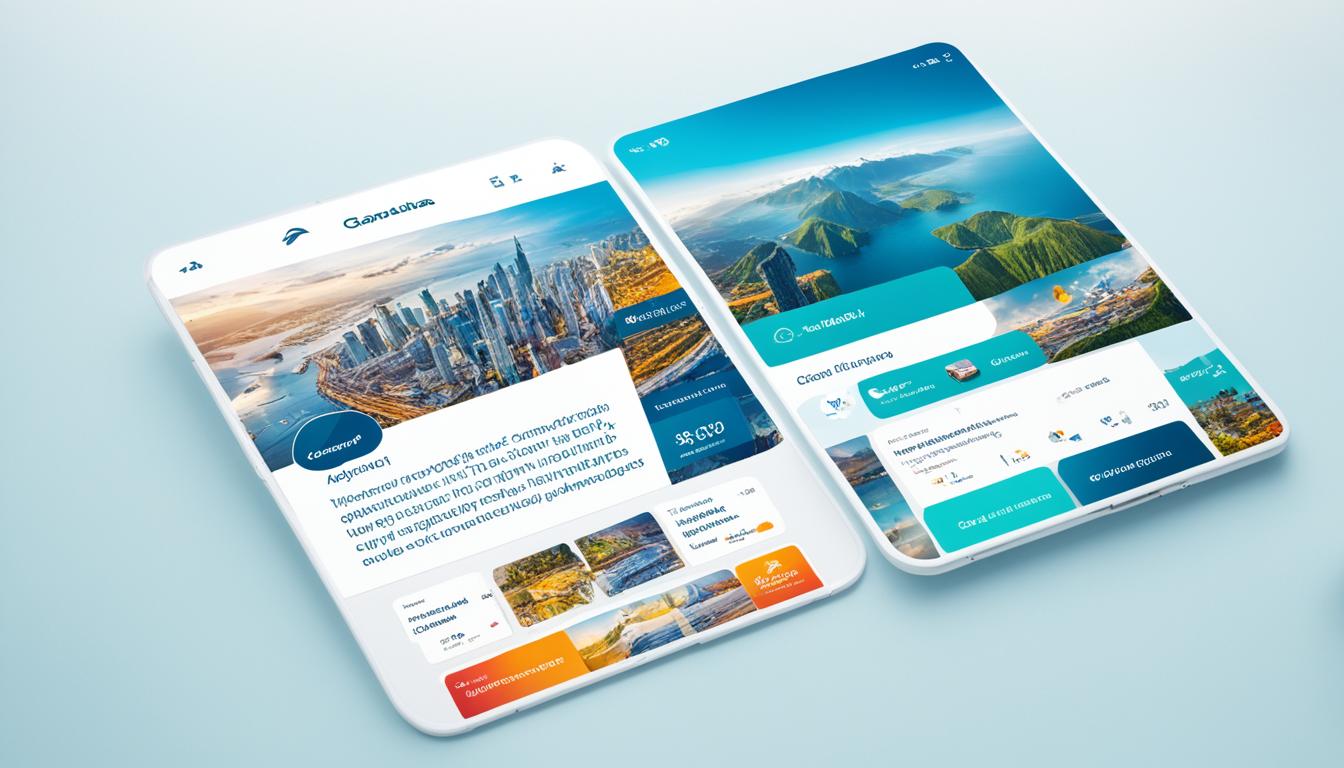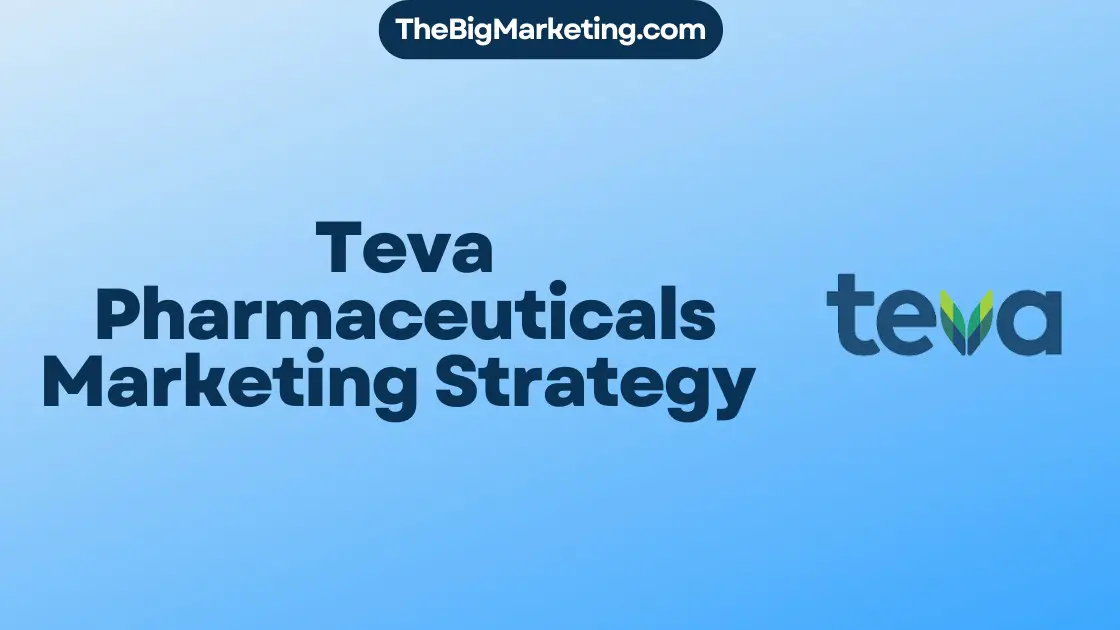Digital marketing has become an essential component of every successful business strategy today. With the rapid growth of internet usage, businesses are leveraging digital channels to promote their brands, connect with potential customers, and achieve their marketing goals.
But what exactly are the benefits of digital marketing? Why is it important for businesses of all sizes? In this comprehensive guide, we will explore the advantages of digital marketing and delve into the various strategies businesses can employ to maximize their online presence and drive customer engagement.
Key Takeaways:
- Digital marketing offers a wide range of benefits such as reaching a larger audience, cost efficiency, and measurable results.
- It allows businesses to personalize their marketing campaigns and engage with customers at different stages of the buying process.
- Various digital marketing tactics such as SEO, content marketing, and social media marketing contribute to the overall success of digital marketing strategies.
- Digital marketing is effective for both B2B and B2C businesses, as well as small and large enterprises.
- Implementing a digital marketing strategy requires identifying the target audience, selecting the appropriate digital channels, and creating engaging content.
What is Digital Marketing?
Digital marketing, also known as online marketing, encompasses all marketing efforts carried out on the internet. It leverages various digital channels, such as search engines, social media platforms, email, websites, and mobile apps, to connect with potential customers. Digital marketing is a form of digital communication that enables businesses to promote their brands and engage with their target audience in the digital space.
The rise of digital channels has revolutionized the way businesses market their products and services. With the increasing adoption of smartphones and internet access, consumers are spending more time online, making digital marketing strategies crucial for businesses to thrive in the digital age.
Digital marketing offers unique advantages over traditional marketing methods, providing businesses with a cost-effective and measurable way to reach a global audience. Unlike traditional marketing, which often has limited targeting capabilities, digital marketing allows businesses to target specific demographics, interests, and behaviors to ensure their messages reach the right people at the right time.
By utilizing digital channels, businesses can create personalized experiences for their customers, tailor their marketing messages to specific segments, and build lasting relationships based on trust and engagement. This level of personalization is often not achievable through traditional marketing methods.
Furthermore, digital marketing enables businesses to track and measure the effectiveness of their campaigns in real-time. Through analytics and reporting tools, businesses can gain valuable insights into customer behavior, allowing them to make data-driven decisions and optimize their marketing strategies for better results.
In summary, digital marketing is the use of digital channels and communication methods to promote brands, connect with potential customers, and drive business growth. It offers businesses the means to reach a larger audience, create personalized experiences, and measure the impact of their marketing efforts. With its wide range of tools and techniques, digital marketing has become an indispensable aspect of modern-day marketing strategies.
The Four Pillars of Digital Marketing
There are four main pillars that form the foundation of digital marketing:
- Search Engine Optimization (SEO): This involves optimizing websites and its content to rank higher in search engine results pages (SERPs), making it easier for potential customers to find the business online.
- Social Media Marketing: This entails leveraging social media platforms to engage with customers, build brand awareness, and drive website traffic.
- Email Marketing: This refers to the use of email campaigns to communicate with leads and customers, nurture relationships, and promote products or services.
- Content Marketing: This involves creating valuable and relevant content, such as articles, blog posts, videos, and infographics, to attract and convert potential customers.
The combination of these pillars, along with other digital marketing strategies and tactics, allows businesses to establish a strong online presence, engage with customers, and achieve their marketing goals.
The Benefits of Digital Marketing
Digital marketing offers several advantages for businesses, making it an essential strategy in today’s digital age. Let’s explore the key benefits of digital marketing:
1. Reach a Large Demographic
Digital marketing enables businesses to reach a much wider audience compared to traditional marketing channels. With digital channels such as search engines, social media, and email, businesses can connect with potential customers from around the world. This expanded reach allows businesses to tap into new markets and grow their customer base.
2. Cost Efficiency
One of the major advantages of digital marketing is its cost efficiency. Traditional marketing methods, such as print advertisements and television commercials, can be expensive and may not provide accurate targeting. Digital marketing, on the other hand, allows businesses to optimize their budget by targeting specific demographics and reaching customers who are more likely to be interested in their products or services.
3. Measurable Results
Digital marketing provides businesses with the ability to track and measure the success of their marketing campaigns. Analytics tools and platforms allow businesses to monitor key metrics such as website traffic, conversions, and engagement rates. This data provides valuable insights into the effectiveness of marketing efforts, allowing businesses to make data-driven decisions and optimize their strategies for better results.
4. Easier Personalization for Customers
Digital marketing enables businesses to personalize their marketing campaigns based on customer data. By capturing and analyzing customer information, businesses can create targeted and relevant content that resonates with their audience. Personalization enhances the customer experience and increases the likelihood of conversion, as customers feel valued and understood by the brand.
5. Engage with Customers at Various Stages
Digital marketing allows businesses to engage with customers at different stages of the buying process. Through email marketing, social media interactions, and personalized website experiences, businesses can nurture leads, provide relevant information, and guide customers towards making a purchase. This ability to engage with customers throughout the entire customer journey strengthens customer relationships and boosts brand loyalty.
| Benefits of Digital Marketing | Advantages |
|---|---|
| Reach a large demographic | Expand market reach |
| Cost efficiency | Optimize budget |
| Measurable results | Data-driven decisions |
| Easier personalization for customers | Enhance customer experience |
| Engage with customers at various stages | Strengthen customer relationships |
Types of Digital Marketing
Digital marketing encompasses a variety of tactics that businesses can leverage to connect with their target audience. These strategies enable brands to reach prospects effectively and promote their products and services online. Below are some of the key types of digital marketing:
1. Content Marketing
Content marketing involves creating and distributing valuable, informative, and engaging content to attract and convert customers. This form of marketing focuses on providing relevant information to your audience, positioning your brand as a thought leader, and building trust with potential customers.
2. SEO (Search Engine Optimization)
SEO is the process of optimizing your website to improve its visibility on search engine results pages. By optimizing your website’s content, structure, and technical elements, you can increase organic traffic and enhance your brand’s online presence.
3. Social Media Marketing
Social media marketing utilizes popular social media platforms to promote your brand, engage with customers, and reach a wider audience. It enables businesses to create and share content, run targeted advertising campaigns, and interact with customers in real-time.
4. Email Marketing
Email marketing involves sending targeted email campaigns to reach and nurture leads. This tactic allows businesses to deliver personalized content, build relationships with customers, and drive conversions.
5. PPC (Pay-Per-Click) Advertising
PPC advertising is a form of online advertising where businesses pay each time their ad is clicked. It offers a cost-effective way to drive website traffic and generate leads by placing targeted ads on search engines, websites, and social media platforms.
6. Affiliate Marketing
Affiliate marketing involves partnering with affiliates who promote your products or services on their platforms. This partnership is based on a commission model, where affiliates earn a percentage of sales or a fixed fee for every conversion they generate for your brand.
7. Influencer Marketing
Influencer marketing leverages the influence and reach of popular social media personalities to endorse your brand and connect with their audience. By collaborating with influencers whose followers align with your target market, you can tap into their loyal fan base and increase brand awareness.
These are just a few examples of the diverse range of digital marketing tactics available to businesses today. By implementing a comprehensive digital marketing strategy that combines the right mix of these tactics, businesses can effectively engage with their target audience, drive brand visibility, and achieve their marketing goals.
Your brand can benefit from various types of digital marketing tactics, ranging from content marketing and SEO to social media marketing, email marketing, PPC advertising, affiliate marketing, and influencer marketing.
What Does a Digital Marketer Do?
A digital marketer plays a crucial role in developing and implementing effective digital marketing strategies to promote brands and connect with potential customers in the online realm. They are responsible for analyzing data, optimizing websites for search engines (SEO), managing online advertising campaigns, overseeing social media accounts, and creating compelling content for various digital channels.
The responsibilities of a digital marketer encompass a wide range of tasks that contribute to the overall success of a digital marketing strategy. Here are some key responsibilities:
- Digital Marketing Strategy: A digital marketer is responsible for devising a comprehensive digital marketing strategy that aligns with the business goals and target audience. This involves conducting market research, identifying target demographics, and developing a plan to engage and convert potential customers.
- Online Advertising: Managing online advertising campaigns is an essential aspect of a digital marketer’s role. They utilize platforms such as Google Ads, social media advertising, and display advertising to reach the target audience and generate leads.
- Social Media Management: Modern businesses rely heavily on social media platforms to connect with their audience. A digital marketer oversees social media accounts, creating engaging content, posting updates, responding to queries, and analyzing social media metrics to optimize performance.
- SEO Optimization: Optimizing websites to improve their visibility in search engine results is a key responsibility of a digital marketer. They conduct keyword research, optimize website content, and implement other SEO strategies to drive organic traffic to the website.
- Content Creation: Engaging and valuable content is crucial in digital marketing. Digital marketers create compelling content such as blog posts, articles, videos, infographics, and social media posts to attract and engage the target audience. Effective content creation helps build brand awareness, establish credibility, and drive conversions.
A successful digital marketer continuously analyzes data and metrics to measure the effectiveness of marketing efforts. They make data-driven decisions and adjustments to optimize campaigns and achieve desired results. By understanding customer behavior and trends, digital marketers can identify new opportunities and stay ahead of the competition in the ever-evolving digital landscape.
Inbound Marketing vs. Digital Marketing: Which is it?
While inbound marketing and digital marketing are often used interchangeably, there are distinct differences between the two approaches. Digital marketing focuses on utilizing various digital channels to promote a brand and establish connections with customers. On the other hand, inbound marketing takes a holistic approach, considering specific goals and available tools to effectively reach target customers.
Inbound marketing strategies prioritize the creation and delivery of relevant, valuable content that resonates with the target audience. This content plays a crucial role in guiding potential customers through the buyer’s journey, addressing their pain points, and highlighting solutions. Inbound marketing aims to build trust, establish authority, and nurture ongoing relationships with customers.
Digital marketing channels serve as essential components of a larger inbound marketing strategy. By leveraging various digital channels such as search engines, social media, email, and websites, businesses can support their inbound marketing efforts and achieve specific marketing goals.
For example, content marketing, a common inbound marketing tactic, involves creating and distributing valuable content to attract and engage potential customers. This approach enables businesses to establish themselves as industry leaders and meet the informational needs of their target audience.
Similarly, search engine optimization (SEO), another digital marketing channel, optimizes a website’s visibility on search engine results pages. By implementing SEO strategies, businesses can improve their organic search rankings and attract targeted traffic to their website.
Social media marketing is yet another digital marketing channel that complements inbound marketing strategies. By leveraging social media platforms, businesses can engage with their audience, build brand awareness, and foster meaningful connections with potential customers.
Ultimately, while digital marketing encompasses a wide range of channels and tactics, inbound marketing focuses on creating valuable content and building relationships with customers. By understanding the difference and implementing a holistic approach, businesses can maximize their marketing efforts and achieve long-term success.
Does Digital Marketing Work for All Businesses?
Digital marketing is a powerful tool that can benefit businesses of all sizes and industries. Whether you are a B2B or B2C company or a small or large business, digital marketing offers numerous opportunities to reach your target audience and achieve your marketing goals.
Digital Marketing for B2B
For B2B businesses, digital marketing can be especially effective in reaching key decision-makers and building strong relationships. With longer decision-making processes in the B2B industry, digital marketing strategies such as content marketing and email marketing can help establish credibility and nurture leads. By providing valuable and informative content, B2B businesses can showcase their expertise and support potential buyers throughout their buyer’s journey.
Digital Marketing for B2C
On the other hand, B2C businesses can leverage digital marketing to capture the attention and emotions of consumers. Short-term offers and emotional messaging can be powerful strategies in driving consumer purchases. With the help of social media marketing and influencer marketing, B2C businesses can create an engaging and interactive online presence, attracting and converting customers.
Digital Marketing for Small Businesses
Small businesses often have limited budgets, and digital marketing provides cost-effective alternatives to traditional marketing channels. With targeted digital marketing techniques such as search engine optimization (SEO) and pay-per-click (PPC) advertising, small businesses can increase brand visibility and generate leads without breaking the bank. The ability to precisely target specific demographics allows small businesses to reach the right audience at the right time, maximizing their marketing efforts.
Digital Marketing for Large Businesses
Large businesses can also benefit greatly from digital marketing by optimizing their marketing efforts and expanding their reach. With their established brands and resources, large businesses can implement comprehensive digital marketing strategies that span multiple channels. By leveraging data analytics and customer insights, large businesses can personalize marketing campaigns and deliver targeted messaging to their audience, driving conversions and customer loyalty.
Overall, digital marketing is a versatile and effective method for businesses of all types and sizes. By tailoring strategies to specific business models and target audiences, digital marketing can significantly contribute to business growth and success.
How to Do Digital Marketing
Implementing digital marketing successfully requires following a series of crucial steps. By doing so, businesses can create a robust digital marketing strategy that resonates with their target audience and drives results. Here are the key steps:
Step 1: Identify Your Target Audience
The first step in digital marketing is understanding your target audience. Identify who your ideal customers are and gather relevant demographic, psychographic, and behavioral data. This will help you tailor your marketing efforts to reach the right people.
Step 2: Create a Digital Marketing Strategy
Once you have a clear understanding of your target audience, develop a comprehensive digital marketing strategy. Set specific goals, outline your key messages, and determine the channels you’ll use to reach your audience effectively.
Step 3: Select Digital Marketing Channels
Select the appropriate digital marketing channels based on your target audience’s preferences and habits. This may include search engine marketing, social media marketing, email marketing, content marketing, or a combination of these channels.
Step 4: Content Creation
Create engaging and valuable content that caters to your target audience’s needs and interests. Understand their pain points and provide solutions through blog posts, videos, infographics, and other forms of content.
Step 5: Optimize Digital Tools and Analytics
Leverage digital tools and analytics to measure the effectiveness of your digital marketing efforts. Monitor key performance indicators, track website traffic, and analyze engagement metrics to make data-driven decisions and optimize your campaigns.
Following these steps will empower you to create and execute a successful digital marketing strategy. Remember to continuously monitor and adjust your approach based on data insights and evolving market trends.
| Step | Description |
|---|---|
| Step 1 | Identify Your Target Audience |
| Step 2 | Create a Digital Marketing Strategy |
| Step 3 | Select Digital Marketing Channels |
| Step 4 | Content Creation |
| Step 5 | Optimize Digital Tools and Analytics |
By following these steps and embracing digital marketing, businesses can effectively engage their target audience, establish their online presence, and achieve their marketing objectives.
Digital Marketing Examples
Real-life digital marketing campaigns provide valuable insights into the effectiveness of digital marketing strategies. These successful case studies and success stories inspire businesses to achieve similar results and optimize their online presence.
Social Media Engagement
Many brands have leveraged social media platforms to engage with their audience. One notable example is #ShareACoke campaign by Coca-Cola. The campaign encouraged customers to share their personalized Coke bottles on social media, resulting in widespread user-generated content and increased brand visibility.
Content Marketing
Content marketing campaigns have proven to be highly effective in driving customer engagement and establishing thought leadership. An outstanding example is “The IKEA Catalog: A Conscious Consumer’s Guide”. IKEA’s digital catalog showcased sustainable and eco-friendly products, positioning the brand as a leader in responsible consumerism.
SEO Strategies
SEO tactics play a crucial role in driving organic traffic to websites. One notable success story is Backlinko’s Skyscraper Technique. Brian Dean, the founder of Backlinko, used this strategy to create comprehensive and high-quality content, resulting in increased organic traffic and backlinks to his website.
Email Marketing Campaigns
Email marketing remains a powerful tool for nurturing leads and driving conversions. An impressive case study is Hipmunk’s Travel Planning Email Series. Hipmunk used a personalized email series to guide customers through the travel planning process, resulting in increased engagement, bookings, and customer loyalty.
Influencer Marketing
Influencer marketing campaigns have gained popularity for their ability to leverage the reach and influence of online influencers. A remarkable example is Daniel Wellington’s Collaboration with Influencers. The brand collaborated with fashion and lifestyle influencers to promote their minimalist watches, resulting in increased brand awareness, social media followers, and sales.
| Example | Description | Results |
|---|---|---|
| #ShareACoke | Encouraging customers to share personalized Coke bottles on social media | Widespread user-generated content and increased brand visibility |
| “The IKEA Catalog: A Conscious Consumer’s Guide” | Showcasing sustainable and eco-friendly products in the digital catalog | Established thought leadership and positioned the brand as a leader in responsible consumerism |
| Backlinko’s Skyscraper Technique | Creating comprehensive and high-quality content to attract backlinks and organic traffic | Increased website traffic and improved search engine rankings |
| Hipmunk’s Travel Planning Email Series | Using personalized email series to guide customers through the travel planning process | Increased engagement, bookings, and customer loyalty |
| Daniel Wellington’s Collaboration with Influencers | Collaborating with fashion and lifestyle influencers to promote minimalist watches | Increased brand awareness, social media followers, and sales |
Conclusion
Digital marketing is an indispensable strategy for businesses in today’s digital age. It offers a multitude of benefits that can significantly impact a company’s success. By incorporating digital marketing into their overall marketing strategy, businesses can reach a larger audience, increase their online presence, and engage with customers at different stages of their buying journey.
A well-executed digital marketing strategy allows businesses to effectively target their audience and personalize their marketing efforts. It provides cost efficiency compared to traditional marketing channels, allowing businesses to optimize their budget and maximize their return on investment. Additionally, the measurable results offered by digital marketing platforms enable businesses to track the success of their campaigns and make data-driven decisions to improve their future marketing efforts.
With the increasing competition in the online marketplace, having a strong online presence is crucial for businesses to succeed. Digital marketing enables businesses to enhance their brand awareness and visibility, which ultimately leads to increased customer engagement and business growth. By leveraging various digital marketing tactics such as content marketing, SEO, and social media marketing, businesses can create meaningful connections with their target audience and foster long-term customer relationships.
In conclusion, digital marketing is not just a trend, but a fundamental component of a successful marketing strategy. Its benefits, including reaching a larger audience, cost efficiency, measurable results, personalization, and customer engagement, make it a powerful tool for businesses to thrive in the digital landscape. By embracing digital marketing and formulating effective strategies, businesses can position themselves for success and stay ahead of the competition.







